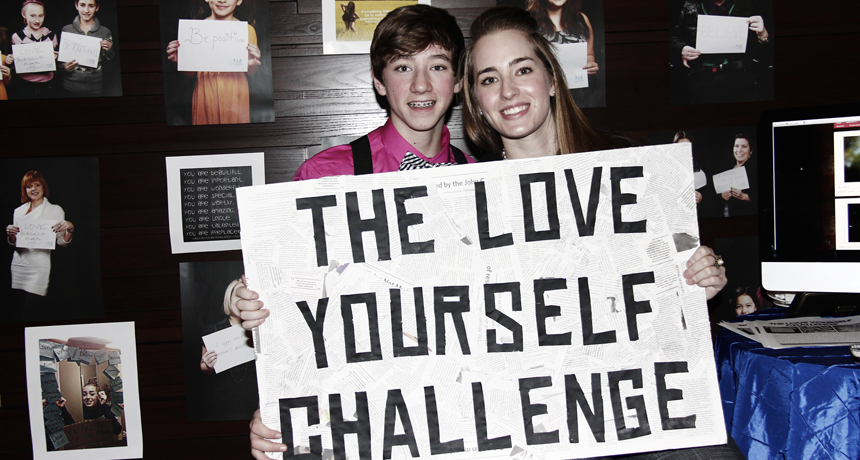Recovery help from the blogosphere
Those who have suffered are reaching out to share tips on recovery

Rae Smith battled severe anorexia nervosa for years. Today she is working toward a full recovery. She and her brother Scotty (both pictured above), have a Tumblr blog The Love Yourself Challenge. It offers hope and inspirational messages to others with the illness.
Scotty Smith







